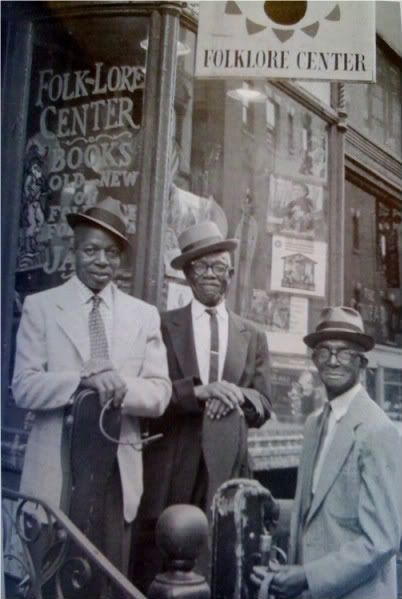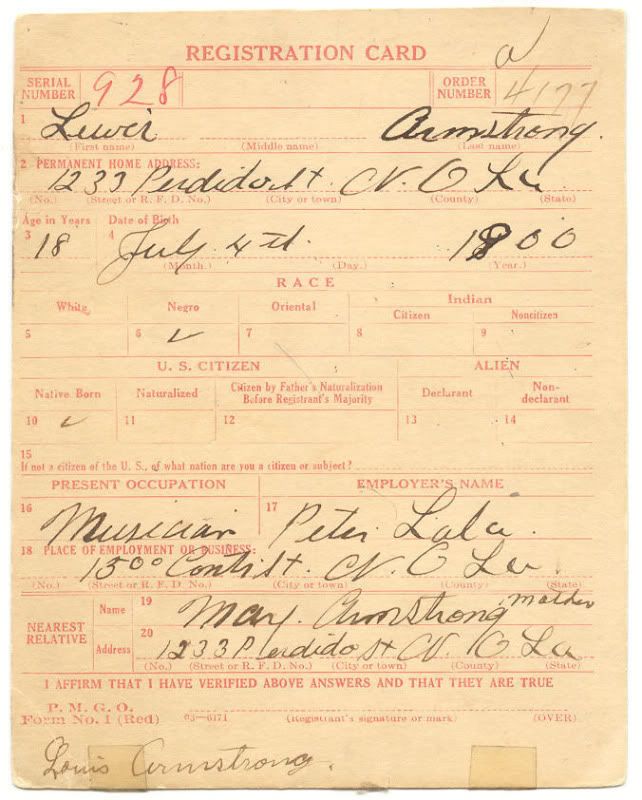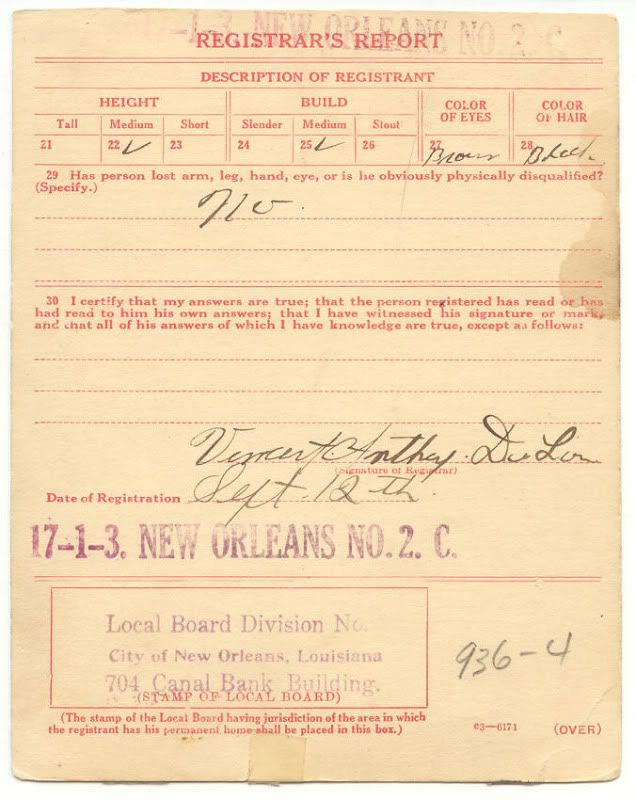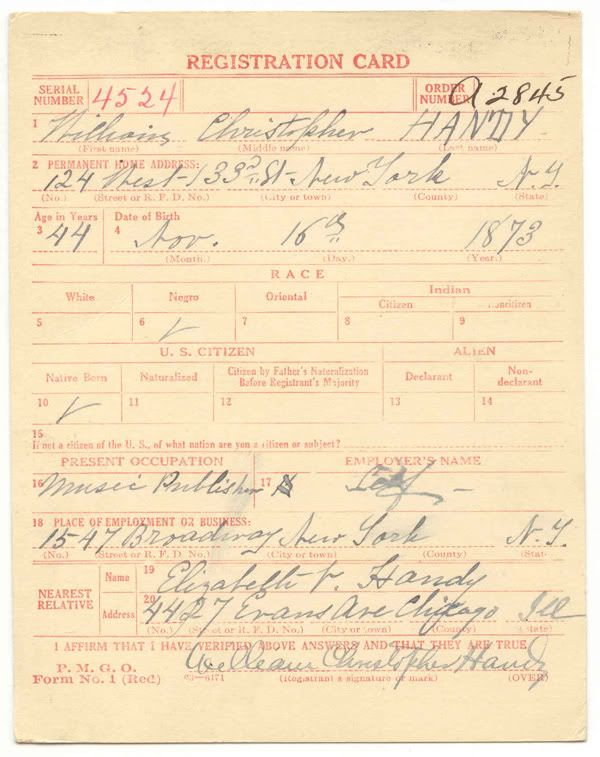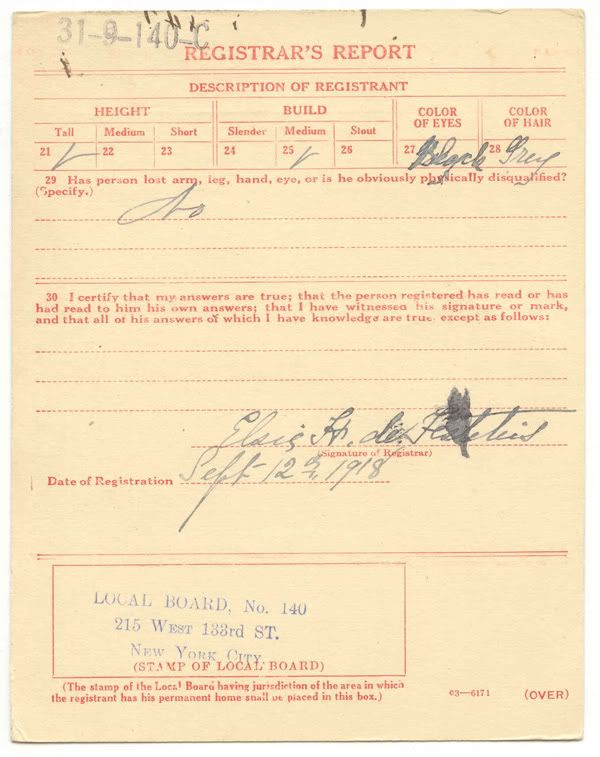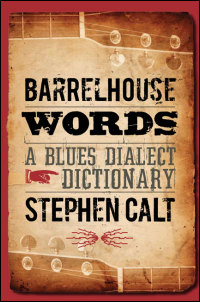Frykitty
Familiar Face
- Messages
- 72
- Location
- Kootenay mountains
Currently in rotation:
Bukka White, Son House-The Complete Library of Congress Sessions , Robert Johnson, and Lightnin Hopkins. . . R.L. Burnside is also worth checking out. Some consider him "punk blues" I'm not sure what exactly punk blues is but I like it..
Bukka White, Son House-The Complete Library of Congress Sessions , Robert Johnson, and Lightnin Hopkins. . . R.L. Burnside is also worth checking out. Some consider him "punk blues" I'm not sure what exactly punk blues is but I like it..
